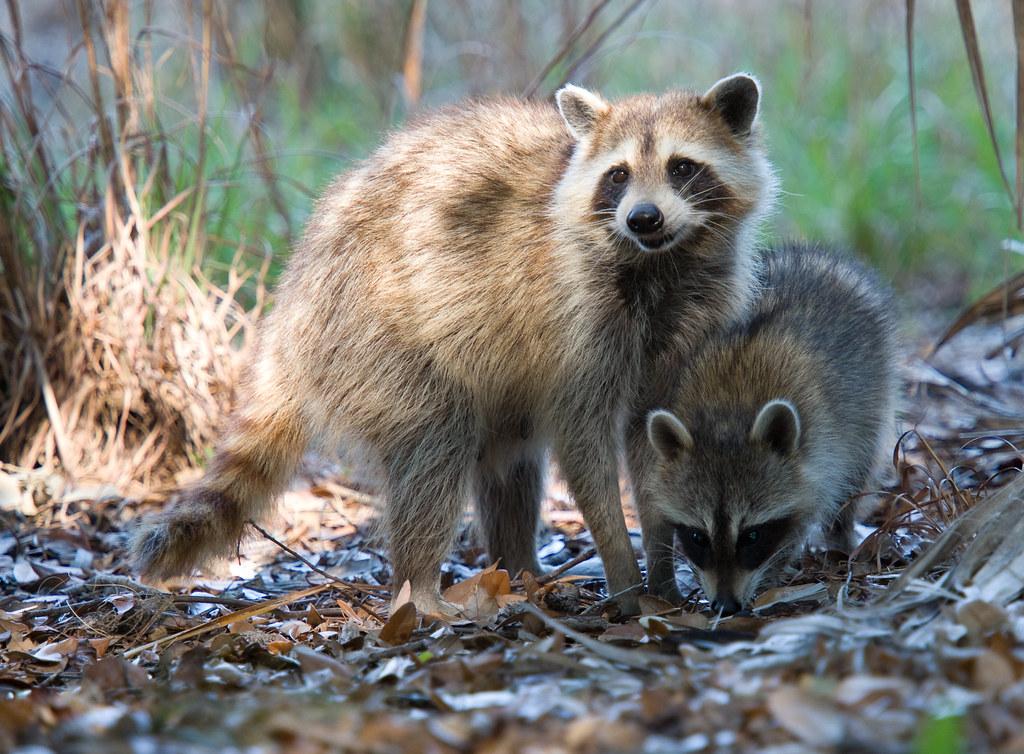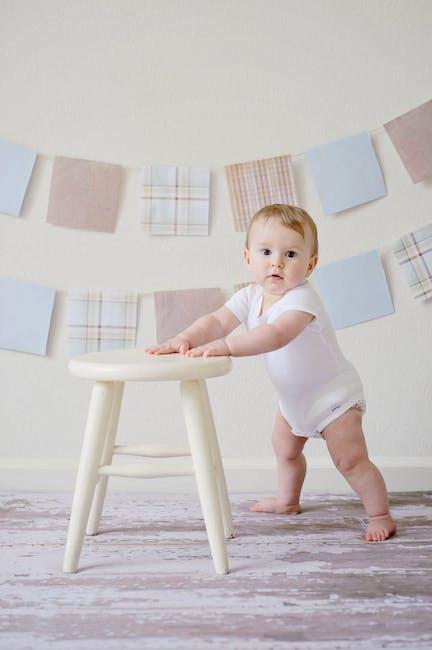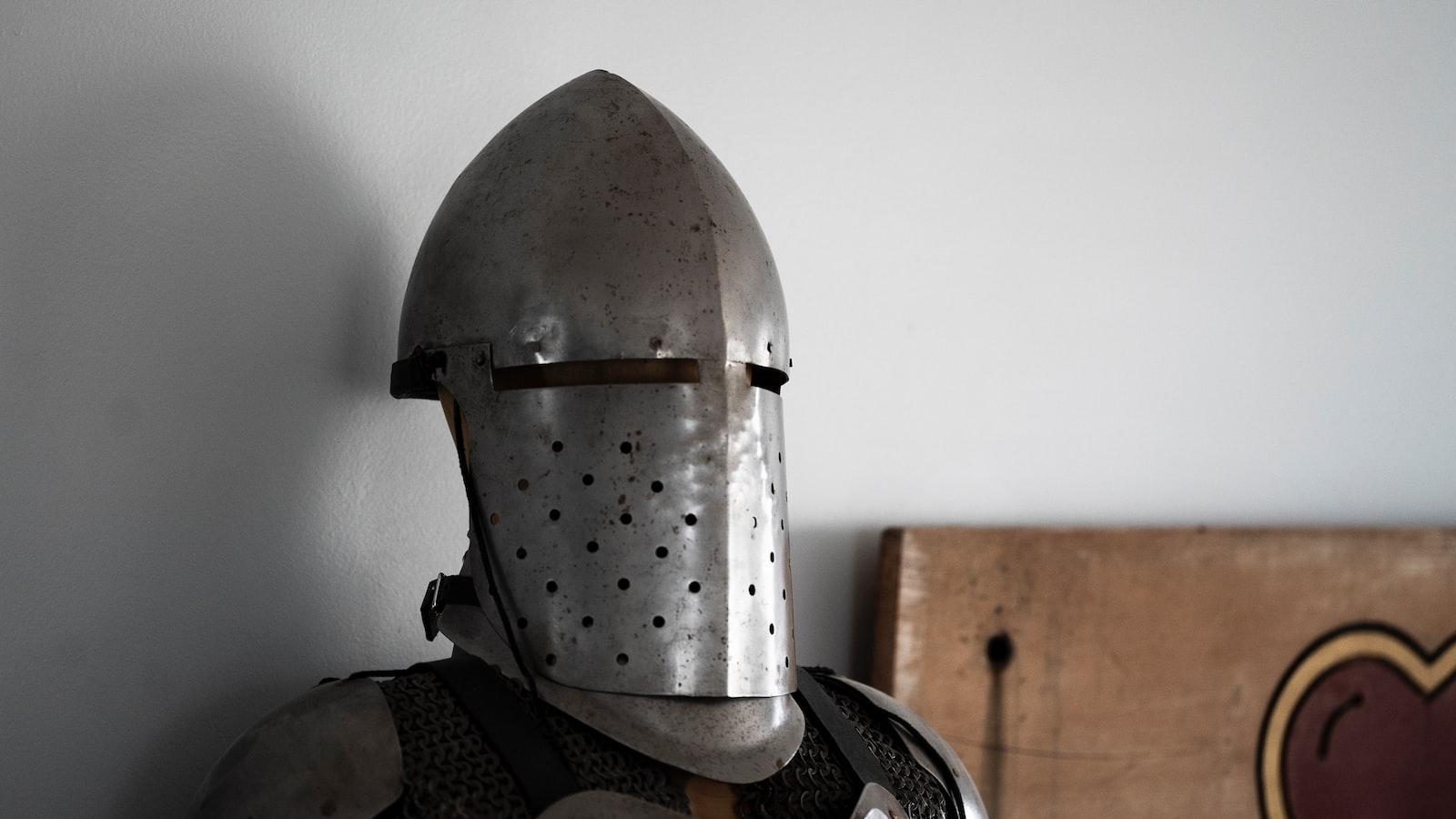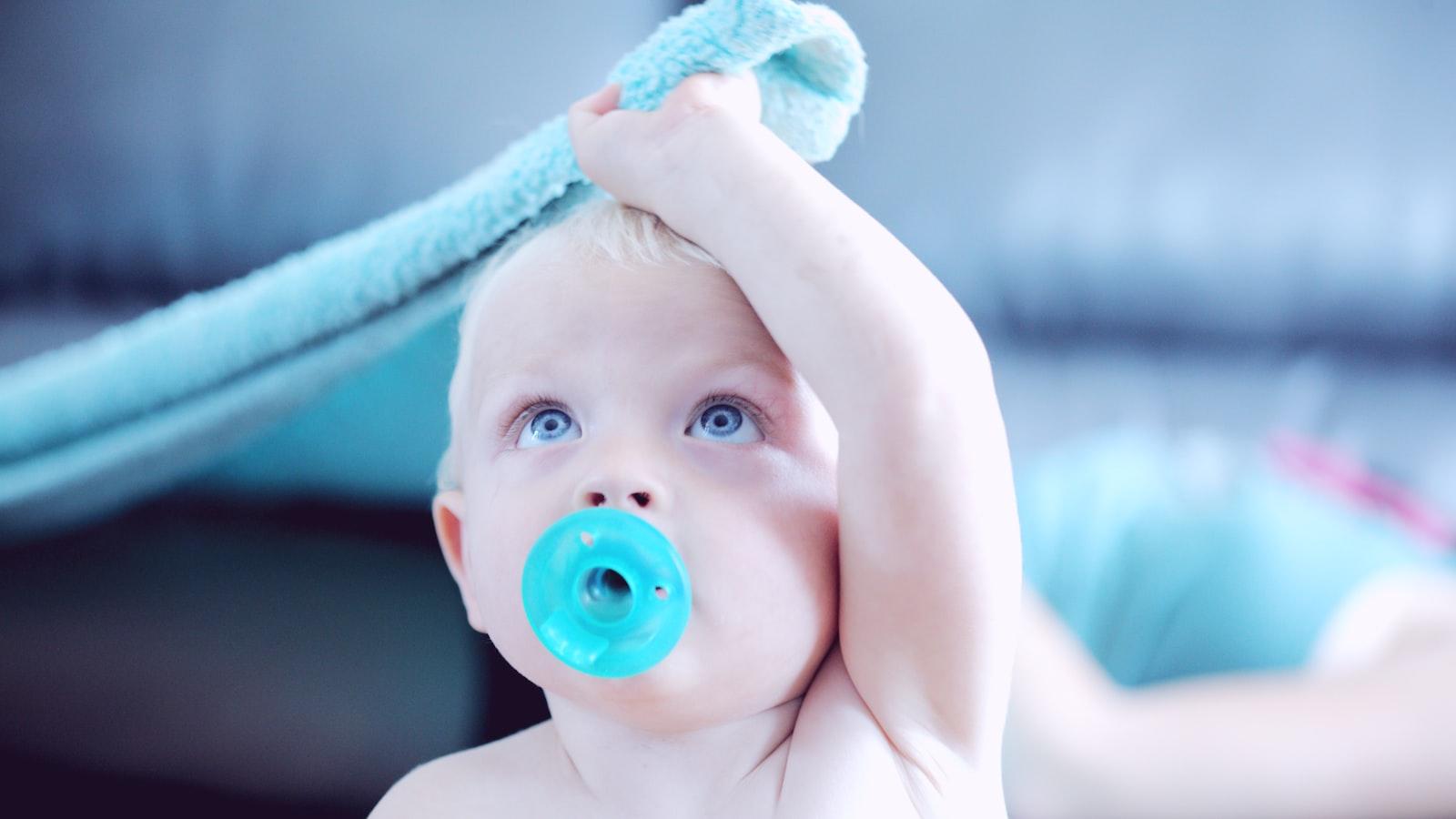Raccoons are known for their intelligence, resourcefulness, and adaptability. But perhaps their most endearing trait is their devotion to their young. When it comes to a mother raccoon and her babies, it’s natural to wonder: will she come back for them? The answer depends on many factors, including the age of the kits and the circumstances of her leaving. In this article, we’ll explore the likelihood of a mother raccoon returning for her young and what you can do if you find a litter of abandoned kits.Yes, a mother raccoon will usually come back to her babies. Mother raccoons are very devoted to their young and will often return to their nest multiple times a day to feed and take care of them.
Mother Raccoon’s Instinct To Care For Babies
Mother raccoons have a strong instinct to protect and care for their babies. This instinct is so strong that mothers will often move their babies from one place to another in order to keep them safe and secure. Mothers will also take great care to ensure that their babies are well-fed and comfortable. They will often carry food back to the den for their young ones, or even hunt or scavenge for food themselves if necessary.
Raccoons are also very protective of their young, and will go to great lengths to make sure they are safe and secure. They have been known to defend their young against predators, and will even fight if necessary in order to protect them. Mothers will also make sure that the den is kept clean and comfortable for their babies, and will go out of her way to find new materials like leaves, sticks, or fur in order to make a cozy nest for her little ones.
Raccoons are also extremely social animals, which means that they form strong bonds with their offspring. Mothers will often groom and play with their young in order to show them love and affection. The mother raccoon’s instinctive behavior towards her babies is an amazing thing to witness, as it shows just how devoted she is to them.
Overall, mother raccoons have a powerful instinct when it comes to caring for their young. From providing food and shelter, defending against predators, keeping the den clean, and interacting with her young – the mother raccoon’s dedication towards her offspring is truly remarkable.
How Long Does A Mother Raccoon Stay With Her Babies?
A mother raccoon typically stays with her babies and cares for them until they are old enough to fend for themselves. Typically, the mother will stay with her offspring until they reach the age of about three months. During this time she will continue to provide food, protection, and teach them how to live in the wild. Once they are able to forage and hunt for their own food, the mother will usually leave them and go off on her own.
The mother raccoon will typically create a den for her young ones in a secure location away from predators. She will feed them multiple times a day and teach them how to hunt small animals such as mice or frogs. If they get too close to humans or become too much of a nuisance in someone’s yard, she may move them further away or take them back into the wild.
Once the babies reach three months of age, they are now old enough to be independent. The mother will usually begin leaving them alone during the day while she goes off and looks for food. When she returns later in the day she will check on her young ones but not stay with them overnight like before. By eight months of age, most baby raccoons have left their mother entirely and are now on their own in the wild.
When Can Mother Raccoon Leave Her Babies?
Mother raccoons typically give birth to 2-6 kits between mid-April and mid-June. The mother raccoon will stay with her kits for the first six weeks of their lives, providing warmth and protection while they are unable to care for themselves. During this time, the mother raccoon will nurse the kits, groom them, and teach them important skills such as how to identify food sources and recognize potential dangers.
Once the kits reach 6 weeks of age, they can begin to venture away from their den and explore their environment on their own. At this point, the mother raccoon may start to leave her kits for longer periods of time as she searches for food. She will return periodically to check on her babies and ensure they are safe.
By 8 weeks old, the kits will have grown significantly in size and strength and should be able to care for themselves without their mother’s assistance. At this point, it is natural for the mother raccoon to start leaving her young ones for longer periods of time as she looks for a new den or territory that she can establish as her own. The young raccoons will remain together until they are around 10-12 months old when they will disperse into different areas and establish territories of their own.
Abandonment
A mother raccoon may abandon her babies for a variety of reasons. One of the most common reasons is due to the presence of predators nearby. Raccoons are naturally fearful animals and if they sense danger, they will often flee the area in order to protect their young. If a mother raccoon senses a threat, she may flee and leave her babies behind in order to save them from potential harm.
Another common reason why a mother raccoon may abandon her babies is due to lack of food or resources. Raccoons are opportunistic feeders, and if there is not enough food available in their immediate area, they may move on in search of better options. This can mean leaving her offspring behind, as she cannot bring them with her while she searches for new food sources.
Finally, a mother raccoon may also abandon her babies if she feels that they are not healthy or have been injured in some way. If she believes that they have no chance of survival, then she may leave them behind in order to save energy and resources that could be used for other more viable offspring.

Signs That A Mother Raccoon Has Left Her Babies
One of the most common signs that a mother raccoon has left her babies is that they will be crying and making noises throughout the night. If the babies are left alone for too long they can become dehydrated and malnourished, so it is important to check on them frequently. Another sign that the mother has left is that she will not return when called or when food is offered, as she will have moved on to establish another den site.
The babies are also likely to be left in an unsafe area or environment, such as in a yard, near a road, or even in a building. If the babies are found in these situations, they should be relocated as quickly as possible before any predators or other dangers can reach them.
A third sign that the mother may have left is that she will not be seen near her den site anymore. If a raccoon has recently been spotted in an area and then suddenly disappears without a trace, it could mean that she has moved on with her young ones to another location.
Finally, if there is no evidence of feeding or activity around the den site then it may mean that the mother raccoon has already left with her babies. It is important to monitor any changes in activity around the den site over time to ensure that all of her young ones are safe and healthy.
By being aware of these signs it will help to ensure that any abandoned baby raccoons are taken care of promptly and responsibly.
What To Do If You Find Orphaned Baby Raccoons
If you’ve come across orphaned baby raccoons, you may be wondering what to do. It is important to take action quickly to ensure the babies are safe and have a chance of survival. Here are some steps you can take if you find orphaned baby raccoons:
1. Contact your local wildlife rehabilitator as soon as possible. A wildlife rehabilitator will be able to provide advice and assistance in caring for the young raccoons and may be able to come pick them up.
2. Provide a warm, safe environment for the babies until help arrives. Place them in a box lined with a towel or blanket and keep them away from any potential predators such as cats or dogs. It is also important to keep them away from people, including children, so they do not become too accustomed to human contact.
3. Feed the babies every two hours until help arrives, using a shallow bowl filled with puppy formula or KMR (Kitten Milk Replacer). Feeding should be done slowly using an eyedropper or syringe, making sure that none of the formula gets into their lungs by squeezing it out gently and slowly.
4. Monitor the babies closely for any signs of illness or injury, such as vomiting, diarrhea, excessive sneezing, coughing, or difficulty breathing. If any of these symptoms are present, contact your local veterinarian immediately for advice on how to proceed.
5. When help arrives, provide all of the information you have regarding the babies’ condition and their time spent in your care so that they can receive proper medical attention if needed.
Finding orphaned baby raccoons can be overwhelming but taking action quickly is essential for their survival. By following these steps and contacting your local wildlife rehabilitator as soon as possible, you can give these young animals a chance at life!
Can Baby Raccoons Survive Without Their Mother?
Baby raccoons, or kits, are born blind and helpless and rely on their mother for warmth, food, and protection. Without their mother to guide them, baby raccoons would not be able to survive on their own.
At birth, baby raccoons are around the size of a chipmunk and weigh only around 3 ounces. They have no fur and their eyes are closed. Though they can make some vocalizations, they aren’t able to move around or hunt for food on their own. They rely completely on their mother for survival during the first few weeks of life.
Raccoons typically give birth to two or three kits in late spring and early summer each year. The mother raccoon begins teaching her young how to find food soon after they open their eyes at two weeks old. She will teach them how to climb trees, find food sources such as insects, berries, and crayfish in streams and ponds. She will also bring them back to the den each night until they are old enough to venture out on their own.
As the kits grow older, the mother will continue to teach them important survival skills such as how to recognize danger from predators like foxes or coyotes. Without these lessons from their mother, young raccoons would be unable to fend for themselves and likely become prey for larger animals in the area.
To ensure the safety of baby raccoons orphaned without a mother, it is important that they be taken in by wildlife rehabilitation centers where they can receive proper care until they are old enough to be released back into the wild. At these centers, workers provide food, shelter and protection so that the young animals can learn how to survive before being released back into nature.
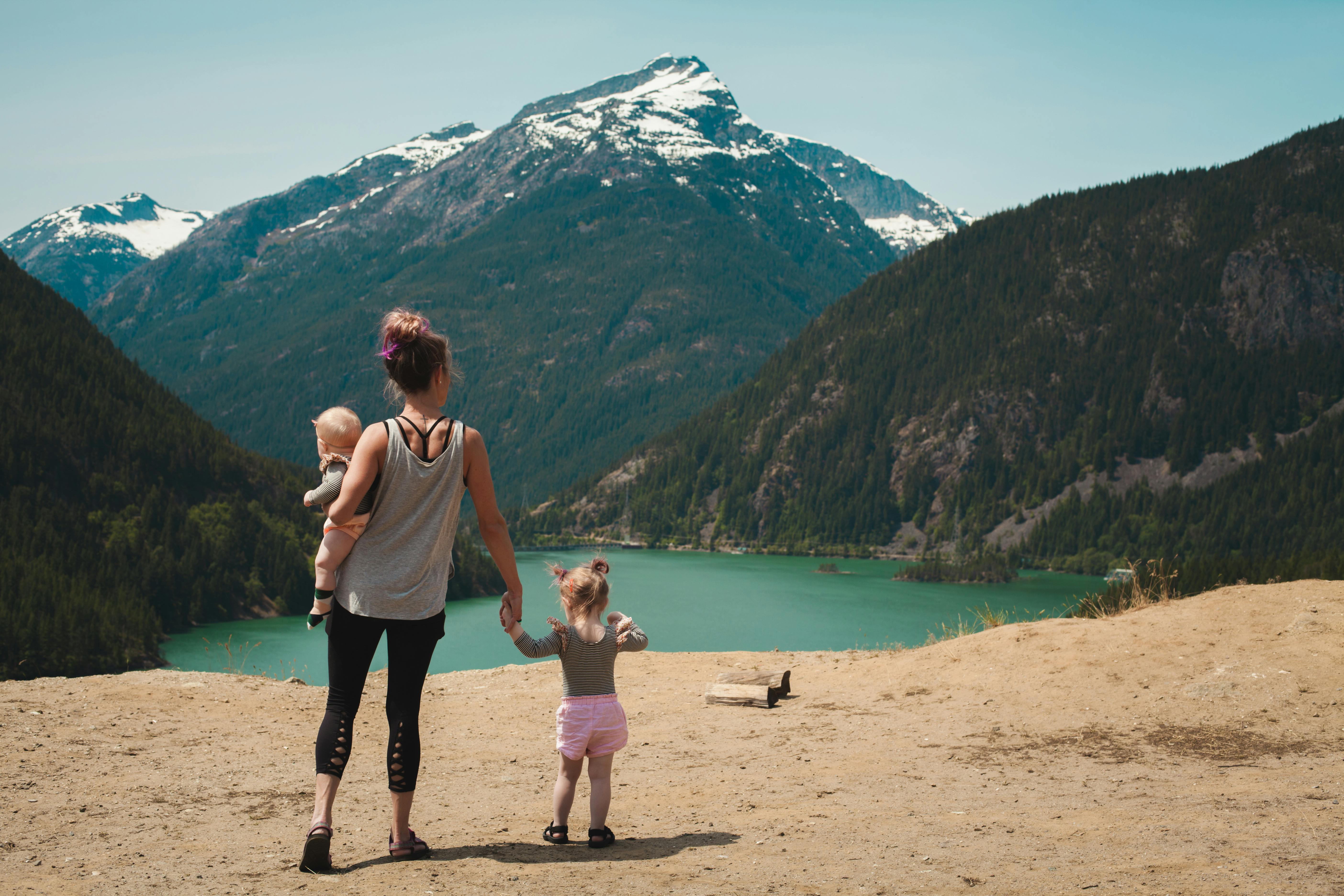
Conclusion
It is difficult to answer the question of whether a mother raccoon will come back for her babies. There are several factors that must be considered when trying to answer this question. In most cases, a mother raccoon will search for her babies if they become separated, and may even build a new den in order to keep them safe. However, if the mother raccoon is unable to locate her young, or if she has been killed or relocated, it is unlikely that she will be able to reunite with her offspring. Therefore, it is important for people who come across orphaned baby raccoons to take action and ensure their safety and wellbeing.
In conclusion, while it can be difficult to predict whether a mother raccoon will return for her offspring, there are certain steps that can be taken by humans in order to ensure that these animals are provided with the care they need. By providing orphaned baby raccoons with food, shelter and veterinary care, people can help give these animals the best chance of survival and reuniting with their mothers when possible.

